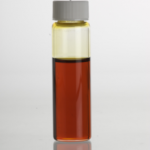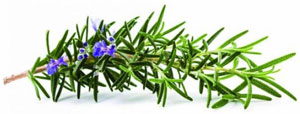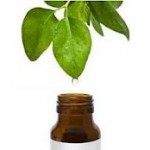 Aahh, Essential Oils and Exhilarating Eucalyptus.
Aahh, Essential Oils and Exhilarating Eucalyptus.
It is a stream-distilled oil from the leaves of trees native to Australia. They are among the tallest trees in the world growing as high as 300 feet. There are hundreds of species of these trees but only a few have medicinal uses. The most commonly used for eucalyptus essential oil is Eucalyptus Globulus. It has a fresh penetrating scent much like camphor.
Eucalyptus essential oil is probably familiar to you from cough drops and the vaporizer that your mom used when you were congested with a cold.
Eucalyptus essential oil has many more uses than cough drops. The Aboriginal people of Australia have been using it for thousands of years. They used the dried leaves for healing sores, burns, snakebites, coughs, fevers and muscle aches and pains. There are not a lot of documented studies on it, but many people and even doctors will tell you it will help with cough and loosen respiratory congestion. I know an aroma therapist that uses it as a room spray to kill bacteria and viruses in the air when someone in her family is sick. It is known as an effective antiseptic and expectorant.
Eucalyptus essential oil is an anti-inflammatory and has a cooling effect on the skin. Some people use it for relief from sore throat, headaches, sinusitis, and sore muscles. It can be also used for herpes, skin infections, as an insect repellent as well as relief from insect bites. It may be helpful in improving the immune system.
For congestion you can put a few drops in a bowl of steaming hot water and gently inhale the steam from over the bowl. You can also use it in your bath but be sure to dilute it in another oil like olive or sweet almond before putting it your bath water. Â and inhalation is said to promote a feeling of balance and well-being.
Most essential oil should be diluted before used on the skin or in a bath.
If you would like to try Alabu Eucalyptus Soap go ahead. I promise it is not like taking a bath with a cough drop! It is refreshing and I think you will like it.



